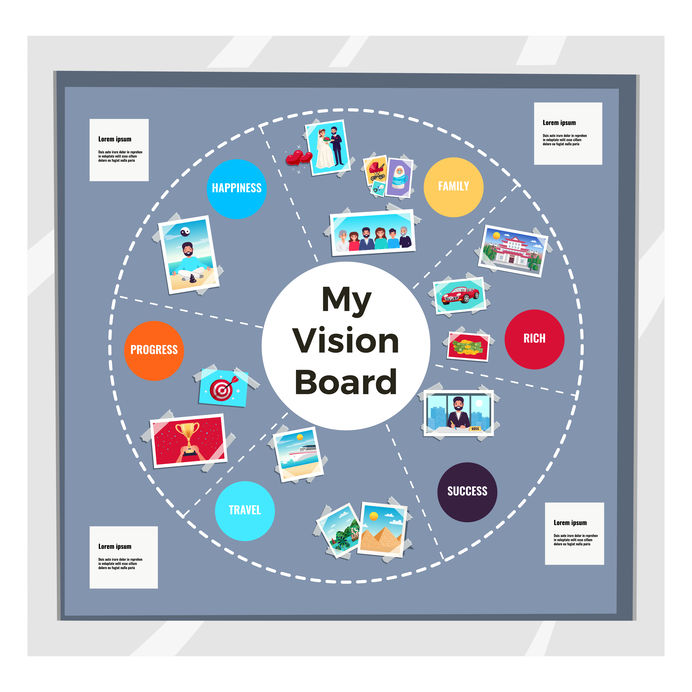 Are you a goal setter? When you set goals, do you revisit them? We know that it’s important to have goals in life, but we don’t realize just how important it is to continue setting them as we walk through life. People often roll their eyes when people talk about setting goals; it sounds time-consuming and boring. Yet, there are a host of benefits to having a list of goals you are working toward.
Are you a goal setter? When you set goals, do you revisit them? We know that it’s important to have goals in life, but we don’t realize just how important it is to continue setting them as we walk through life. People often roll their eyes when people talk about setting goals; it sounds time-consuming and boring. Yet, there are a host of benefits to having a list of goals you are working toward.
When you set goals, it triggers new behaviors which help you focus and sustain momentum. Goals also encourage self-mastery. It’s impossible to manage something which cannot be measured, and how can you improve anything if you aren’t managing it? That’s essentially what goal setting is. It leads to improved performance, greater success, and there are psychological benefits as well. A vision board is a visual interpretation or reminder of the goals that you set for yourself. It will serve as a constant reminder of what you are striving for.
Goals & Mental Health
Studies have shown that goal-setting is a key aspect of maintaining good mental health. One study laid out three, hour-long goal-setting sessions for participants. The results were compared to the control group who did not participate in the goal-setting session. They found that well-being was related to the act of goal setting.
Setting goals can improve the outcome of treatments. Therapists often use goal setting to improve therapies such as cognitive behavioral therapy, interpersonal psychotherapy, and problem-solving therapy. When a participant sets a goal, they are more likely to accept that they will benefit from mental health assistance. It’s an important first step in taking control of your well-being.
Goal Setting Motivates
There is a link between setting goals and performance. When you set a goal, you are more motivated to improve your performance to achieve that goal. Goals should be challenging, and they should be specific. There is something to be said for how being a highly motivated person can improve your psychological well-being. We use goals to evaluate our performance, we seek feedback, and this creates a sense of acceptance and commitment. Additionally, achieving goals influences your self-confidence, which will only propel your belief in your ability to achieve what you want.
Goal Setting Creates Success
You are more likely to experience success when you set goals, and success supports your psychological well-being. Studies have found that people who record their goals and share them tend to be more successful at accomplishing those goals. One study, involving 267 individuals, looked at how goal setting influenced achievement. The group was split into five and each given their own directive. Each group was asked to complete one aspect of the goal-setting process. While the fifth group was asked to do them all, which means they were to set goals, record them, create an action, share those commitments, and update someone weekly. They had the highest rate of success.
The key to goal setting is accountability, commitment, and recording. All of those are things that will serve your psychological well-being. So, the idea of goal setting is serving you in several ways. Write them out, on a piece of paper or a whiteboard, and that vision board becomes your constant reminder, which will essentially help you achieve your goals.
